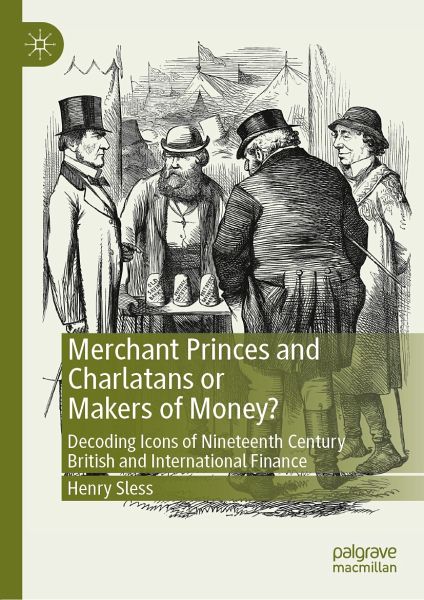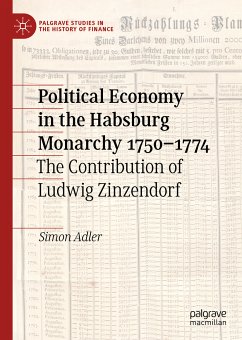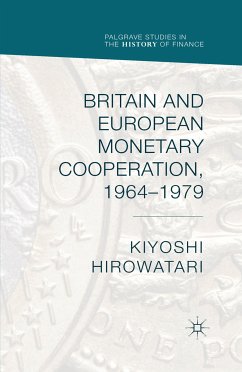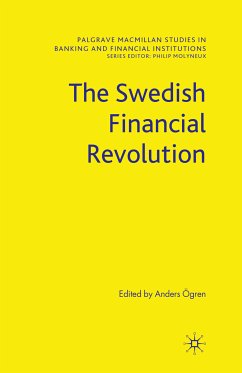
Merchant Princes and Charlatans or Makers of Money? (eBook, PDF)
Decoding Icons of Nineteenth Century British and International Finance
Versandkostenfrei!
Sofort per Download lieferbar
80,95 €
inkl. MwSt.
Weitere Ausgaben:

PAYBACK Punkte
40 °P sammeln!
Provides a critical analysis of visual images of finance during the nineteenth century in Britain
Contrasts visual representations of financial crises and financial figures with literary and journalistic representations of the period
Represents a unique multi-disciplinary approach to the study of financial history
Uses visual evidence as a compliment to traditional written sources
¿ Dieser Download kann aus rechtlichen Gründen nur mit Rechnungsadresse in A, B, BG, CY, CZ, D, DK, EW, E, FIN, F, GR, HR, H, IRL, I, LT, L, LR, M, NL, PL, P, R, S, SLO, SK ausgeliefert werden.












